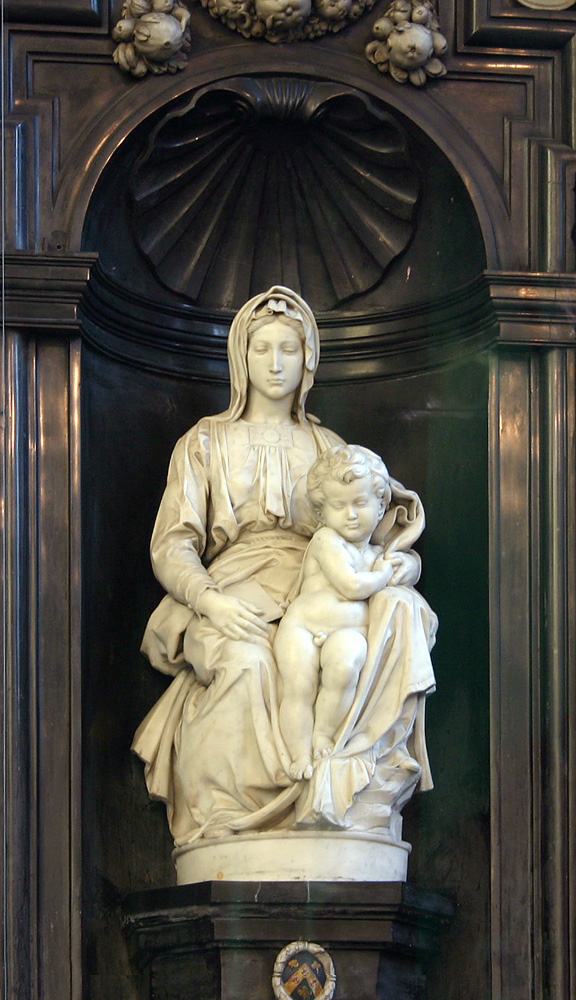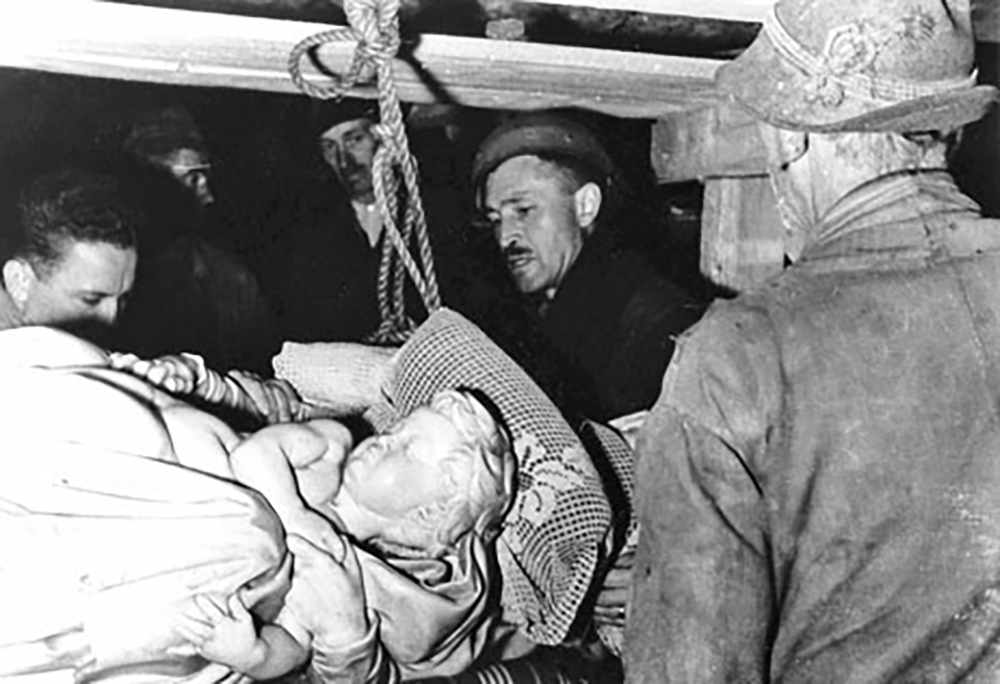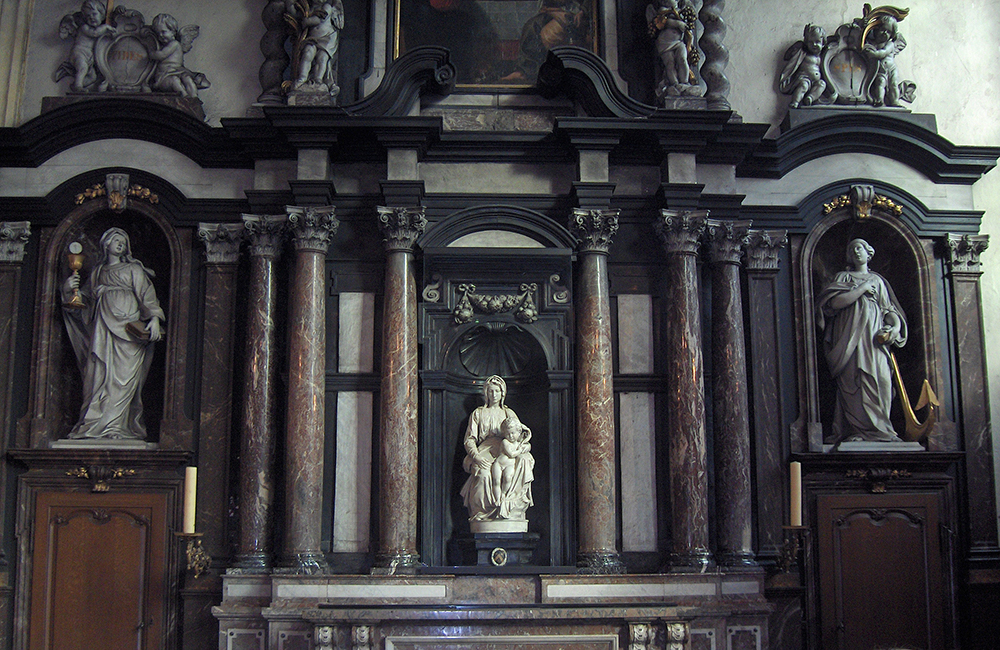The only work by Michelangelo to have left Italy was stolen twice.
Lenten Campaign 2025
This content is free of charge, as are all our articles.
Support us with a donation that is tax-deductible and enable us to continue to reach millions of readers.
When you think of an unforgettable Michelangelo statue, the Pietà may come to mind. But the Madonna of Bruges is probably the piece of work by the Italian master with the most interesting story. Created in 1503, the statue was transported to Bruges, Belgium, by Bruges-based merchant Alexander Mouscron, who often visited Florence for business.

It is different from Michelangelo’s other works that feature the two main characters of the Virgin and Christ Child. In his other pieces Michelangelo represented the Virgin as a pious figure smiling down at their baby. Here, Mary is shown in a pensive pose, looking at the ground, while the Christ Child seems to be moving outwards, towards the world. Critics think this arrangement may have to do with the fact that the Madonna knew the fate that was awaiting her son, as she was holding the scriptures in her left hand. Both figures form an elliptical shape that adds to the overall monumental feel of the work.
Mouscron kept the statue in his namesake chapel for years, where it was allegedly admired by Flemish artist Durer. But the fate of the statue took an unexpected twist during the French Revolution. In 1794, French revolutionaries seized control of then-Austrian controlled Bruges and took the statue with them to Paris.
It was only after the end of the Napoleonic era, in 1816, that the sculpture was returned to its original location. However, it did not remain there for long.
In 1944, the sculpture was taken by Nazi troops who were fleeing Bruges following the arrival of American troops in this part of Europe. Along with the statue, Nazis took other Renaissance-era paintings. The precious cargo was allegedly wrapped in a mattress and transported via a Red Cross truck over the border.

Eventually, the sculpture ended up in a salt mine of Altaussee, from which it was rescued in 1945 by Stephen Kovalyak, George Stout and Thomas Carr, who came to be known as “the Monuments Men,” a special team charged by president F.D. Roosevelt to rescue artworks stolen by the Nazis throughout Europe. The Madonna of Bruges was finally returned to Bruges, where it currently stands inside the Church of Our Lady of Bruges. Indeed, the church interior and the famous Michelangelo statue are featured in the 2014 movie The Monuments Men.

Today, anyone can look this masterpiece up close, by visiting the Church of Our Lady of Bruges, open to the public every day until 4:30 p.m. We owe this to the brave men who risked their lives to save artworks that belong to all humanity.








